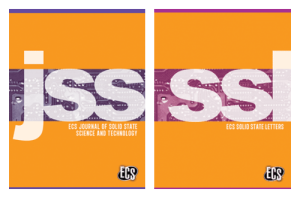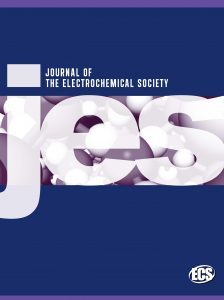 Deadline: April 19, 2019
Deadline: April 19, 2019
ECS is seeking to fill the position of technical editor in electrochemical/electroless deposition for the Journal of The Electrochemical Society (JES).
Nominees for this position must possess and maintain scientific knowledge of the scope of the electrochemical/electroless deposition topical interest area, which covers deposition of metals, oxides, semiconductors, nanostructures, and composite materials; nanofabrication; fundamental aspects of nucleation and growth; physical and mechanical aspects of deposits, including structure and internal stress; modeling; industrial plating and plating baths; leveling, accelerating, and suppressing agents.
The technical editor will be appointed for a minimum initial two-year term, renewable for additional terms, up to a maximum of 12 years total service in this role.


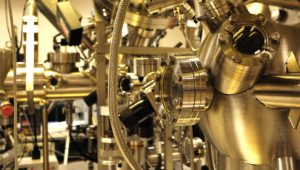
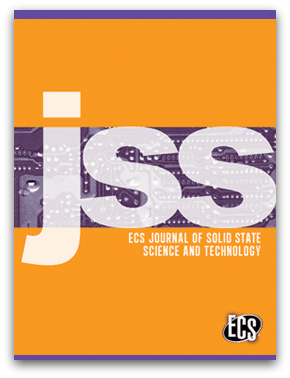 Deadline: June 14, 2017
Deadline: June 14, 2017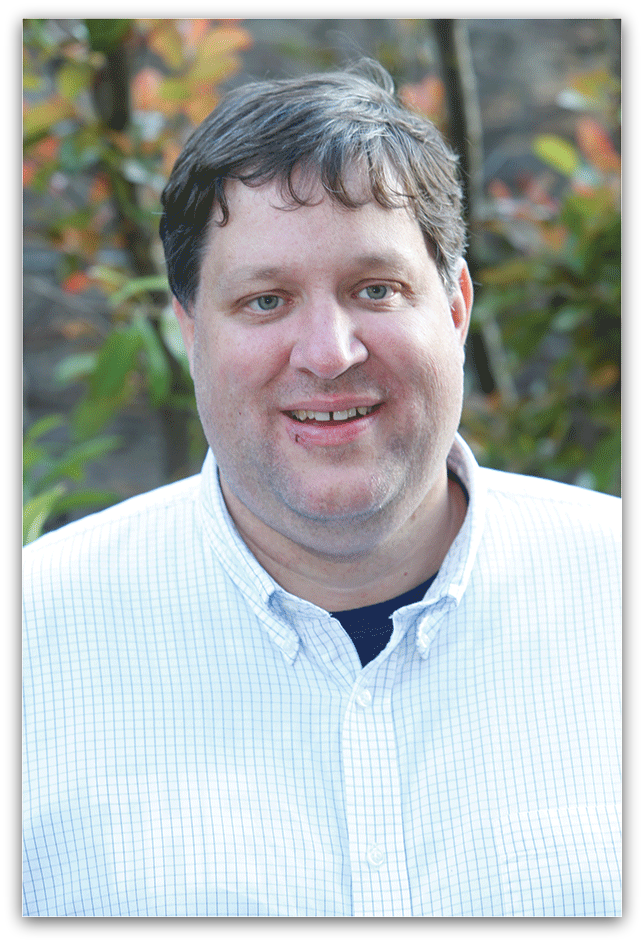 David Cliffel is the Professor of Chemistry & Department Chair at Vanderbilt University, where he leads research on the electrochemistry and analytical chemistry of nanoparticles and photosynthetic proteins. He has recently become a new Technical Editor for the
David Cliffel is the Professor of Chemistry & Department Chair at Vanderbilt University, where he leads research on the electrochemistry and analytical chemistry of nanoparticles and photosynthetic proteins. He has recently become a new Technical Editor for the 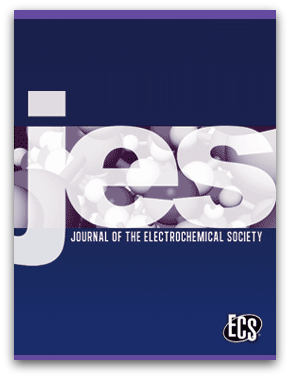 Deadline: June 15, 2016
Deadline: June 15, 2016